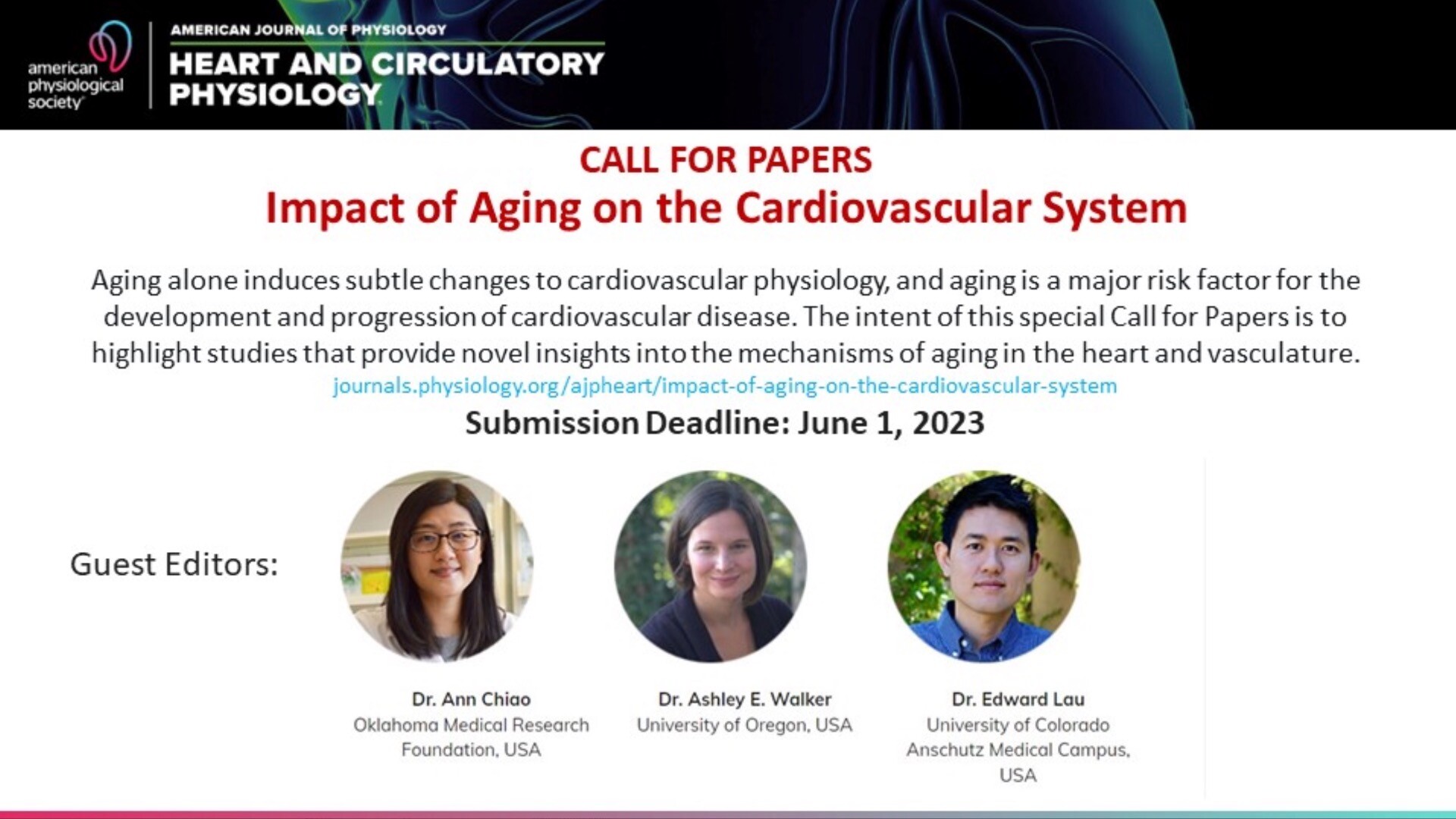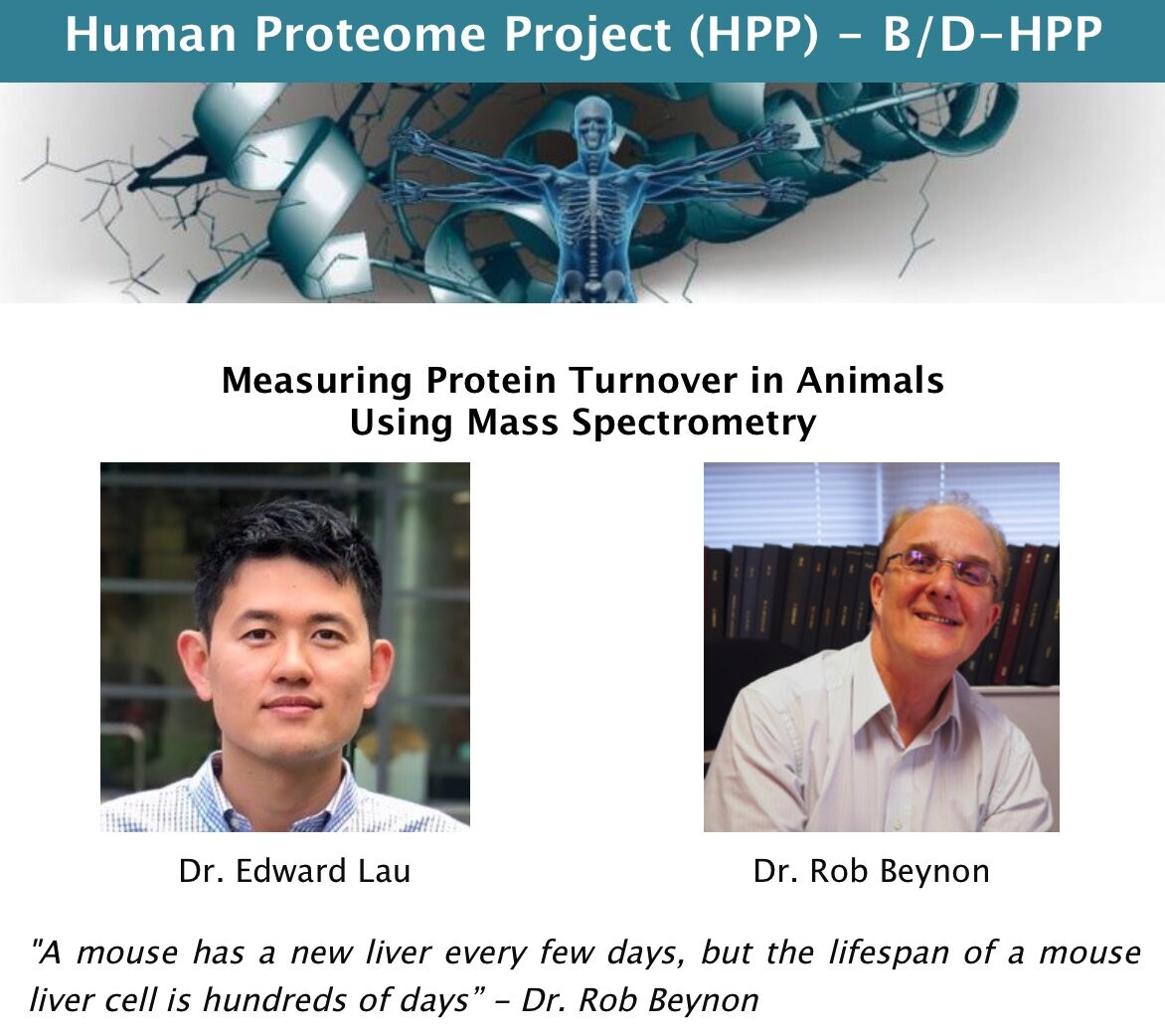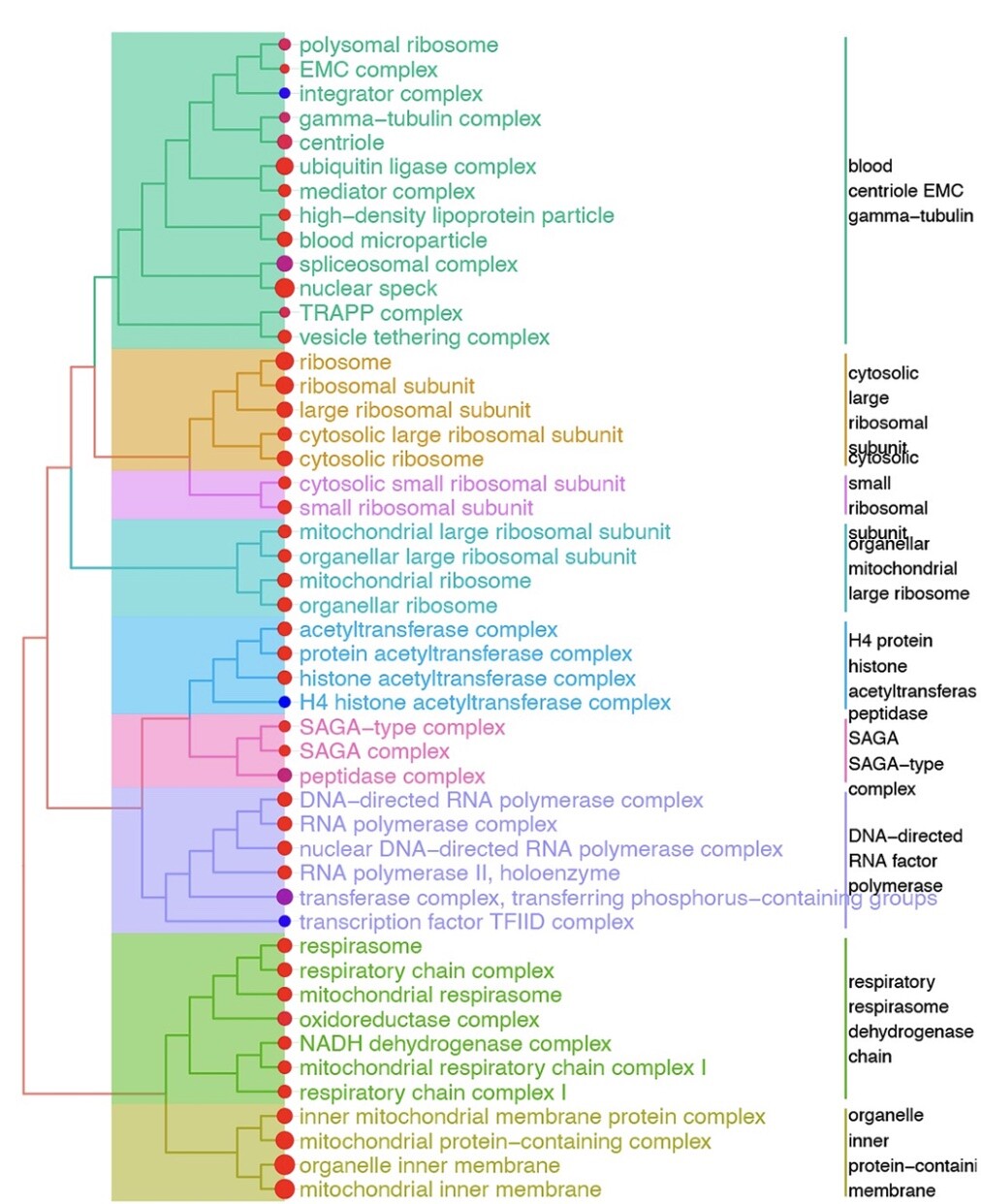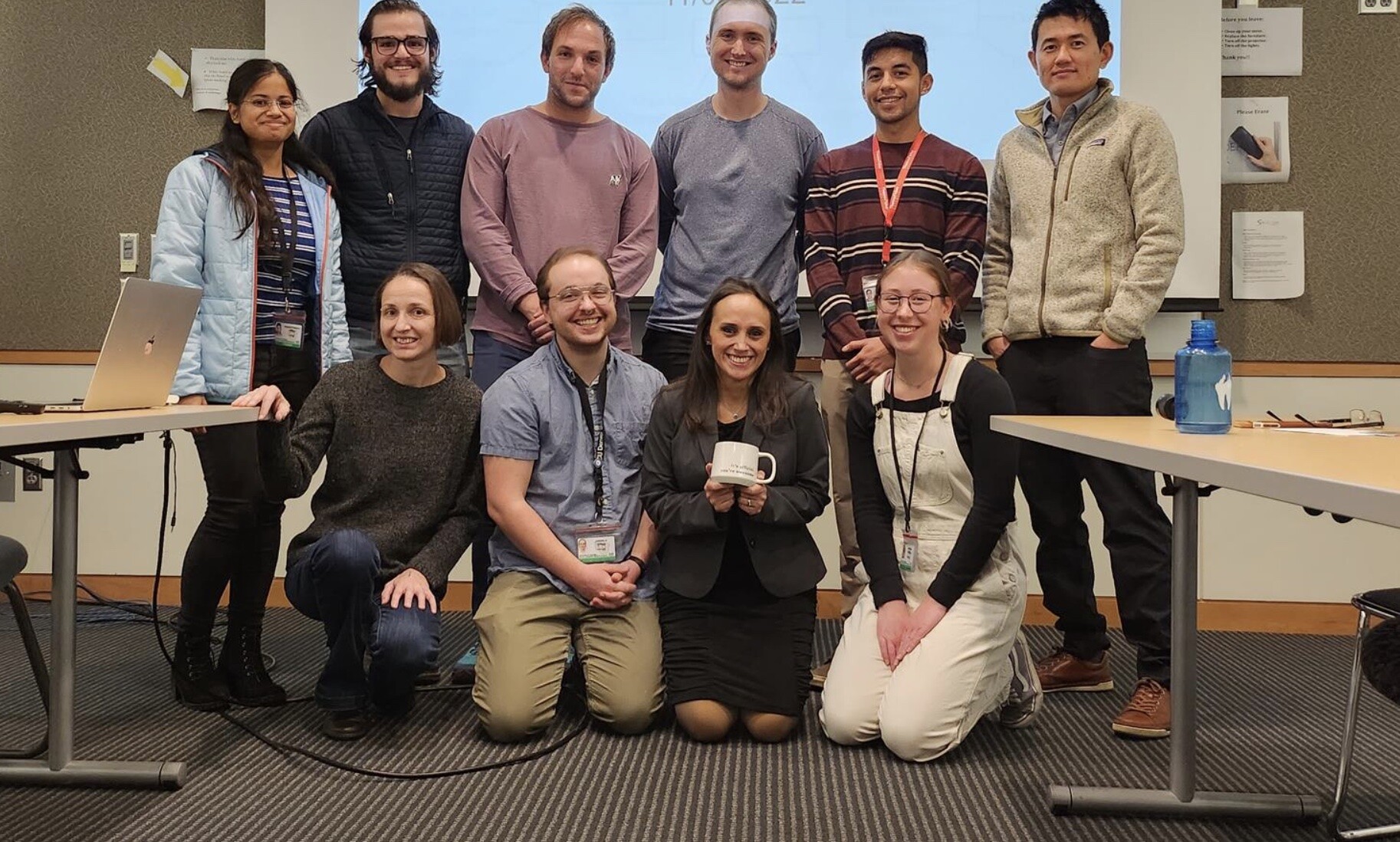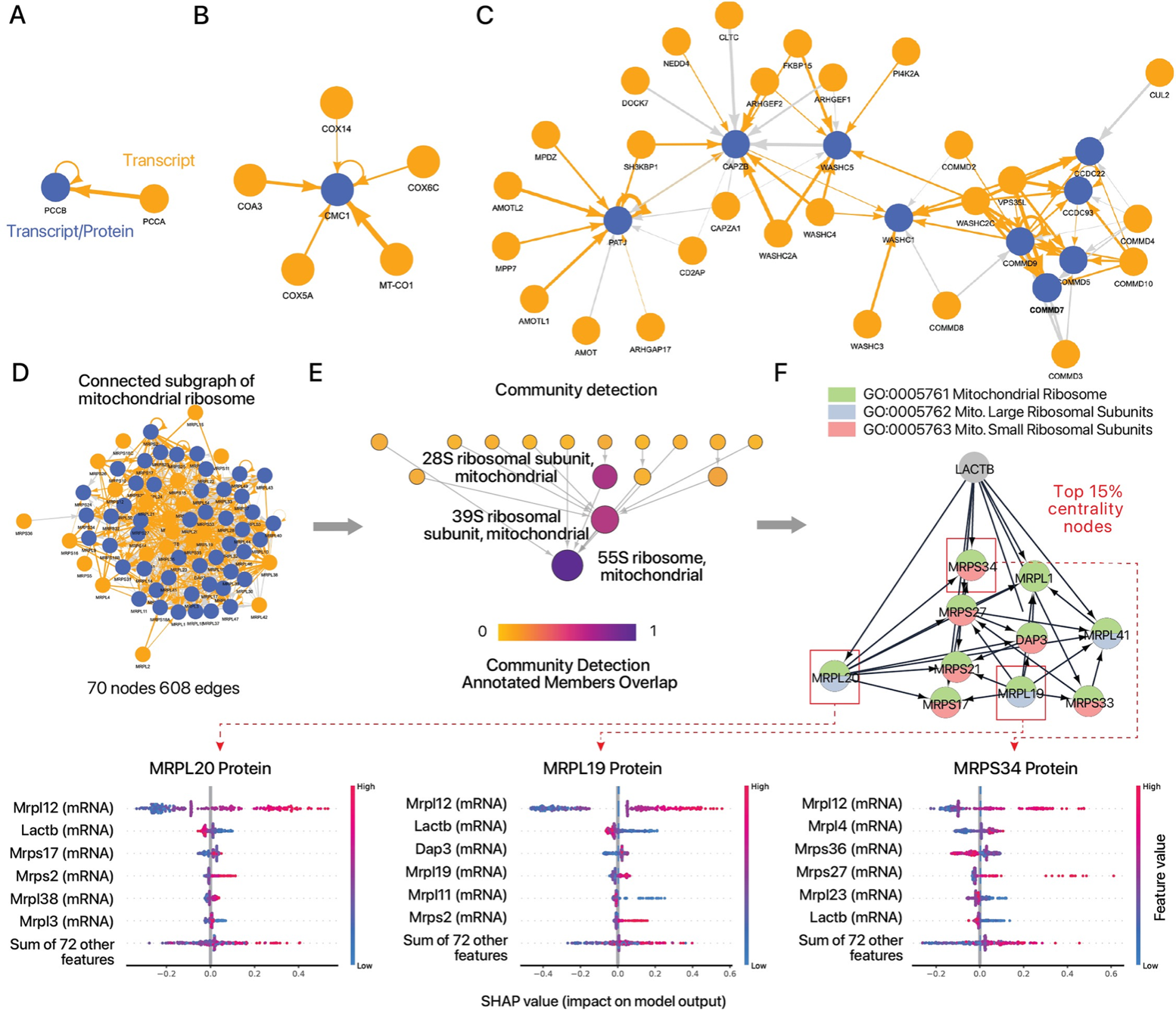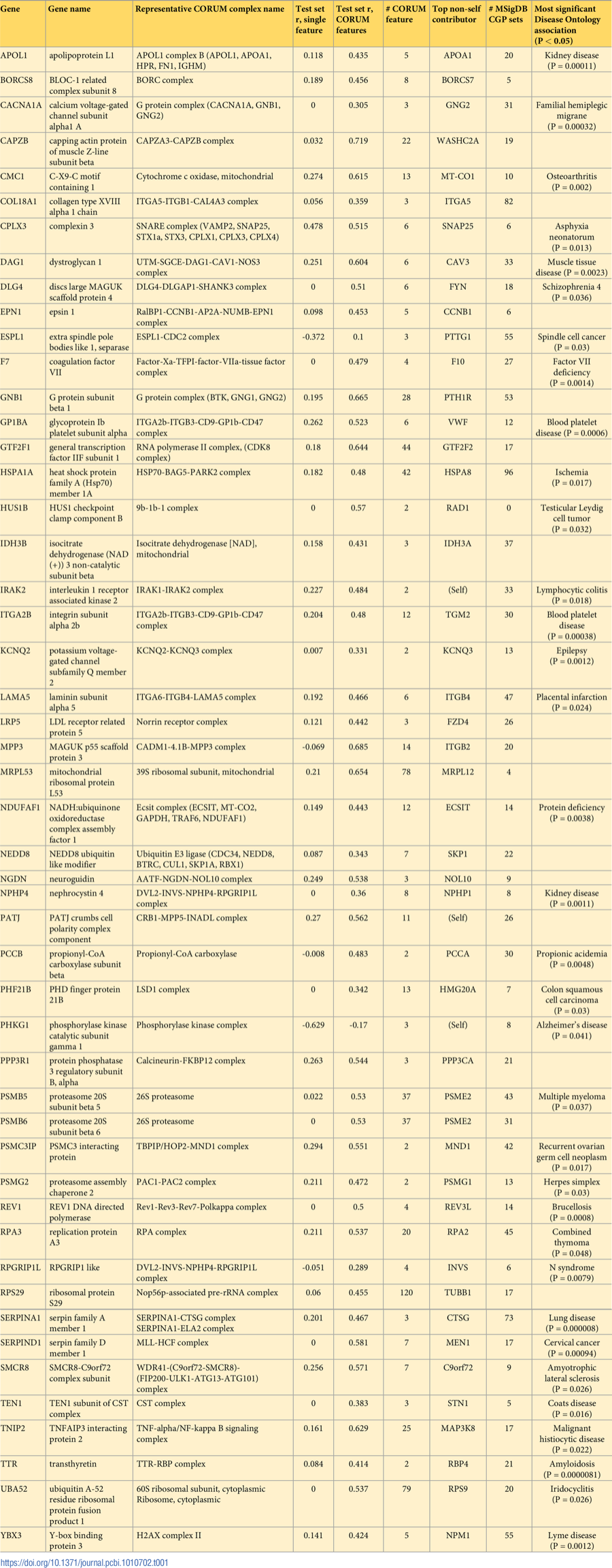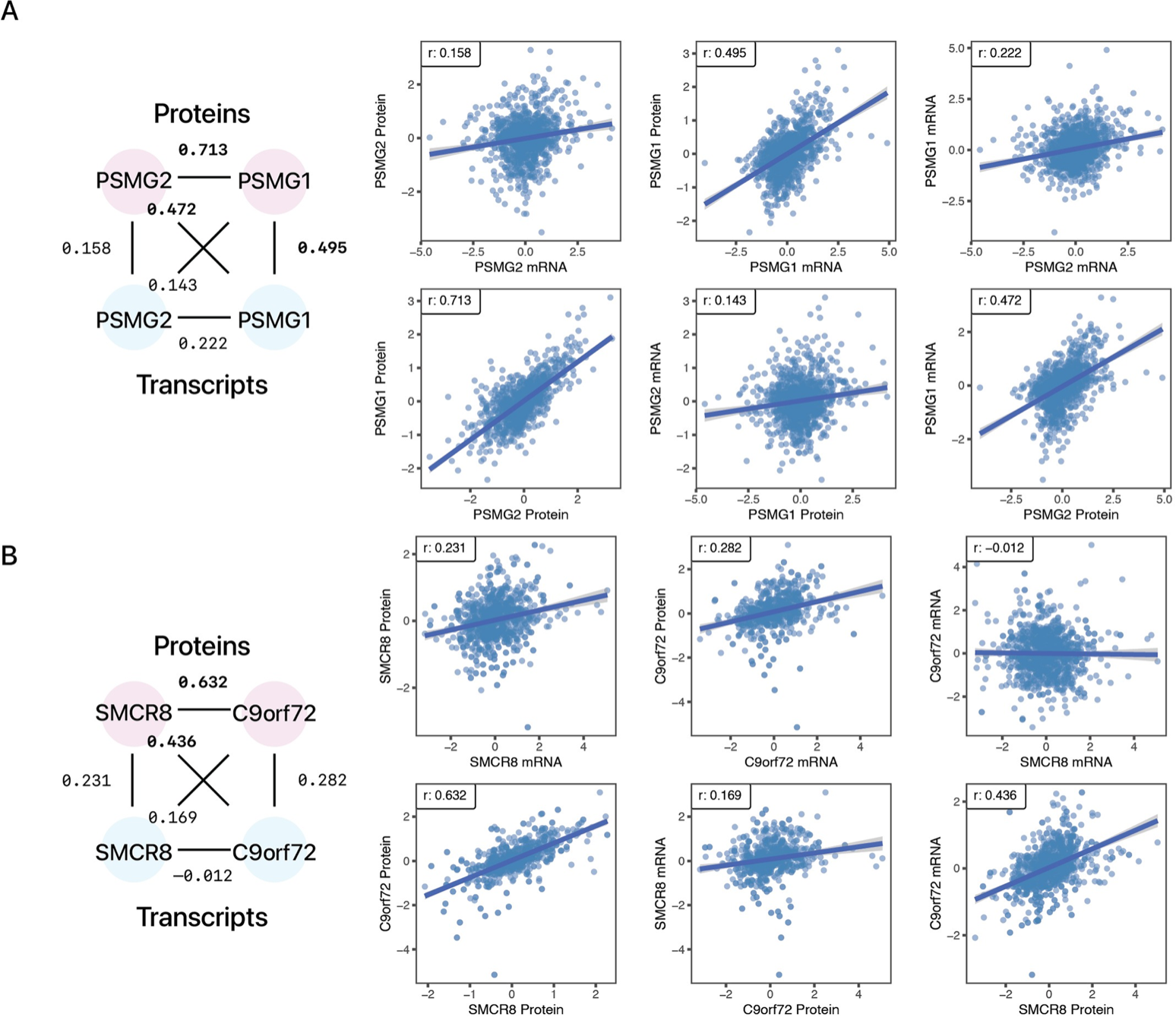Assistant Professor at University of Colorado School of Medicine. Our lab studies protein homeostasis and turnover using proteomics, bioinformatics & iPSC. Previously Stanford CVI. #TeamMassSpec
We are hiring graduate students and post-doctoral fellows! Visit our website at https://laulab.net and follow us on @edwardlau and on https://post.news/edwardlau!
